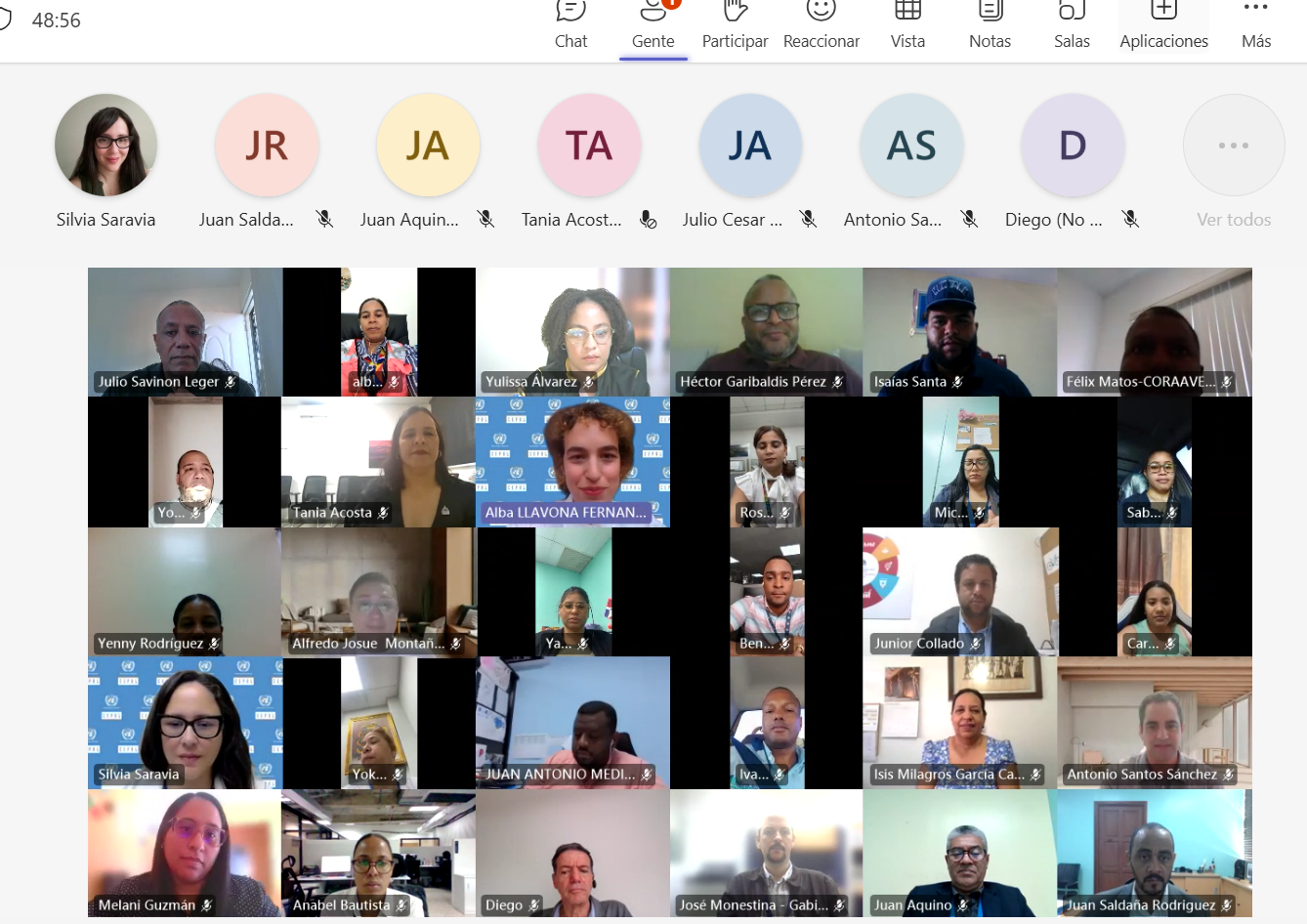Fourth Virtual Capacity Building Session within the Framework of the ROSA Project (Network and Observatory for Water Sustainability) for the Dominican Republic: The Water Convention – Challenges and Opportunities in the Dominican Republic
Work area(s)
Topic(s)
In the virtual meeting on transboundary water management, experts and representatives from international organizations analyzed the challenges and opportunities related to the Dominican Republic’s accession to the United Nations Convention on the Law of the Non-Navigational Uses of International Watercourses (UN Watercourses Convention). This international legal instrument establishes the rights and obligations of countries that share watercourses. During the session, specialists highlighted the significance of the accession process and its implications for regional cooperation in water resource management, emphasizing how such a legal framework can enhance collaboration, dialogue, and shared responsibility among neighboring states.

As part of the virtual seminar focused on transboundary water management, various experts and representatives from international organizations discussed the progress and challenges surrounding the Dominican Republic’s potential accession to the UN Water Convention.
Juan Saldaña Rodríguez, an official from the Dominican Republic’s Directorate of Institutional Development Planning, explained the steps the country has taken toward accession. He emphasized that the initiative, which began several years ago, has involved close collaboration with the United Nations.
Chantal Demilecamps, from the Secretariat of the UN Water Convention at the United Nations Economic Commission for Europe (UNECE), outlined the benefits of accession—particularly for transboundary cooperation with Haiti. She noted that the Convention facilitates dialogue and prevents conflicts through its Implementation Committee, citing successful examples such as Montenegro and Albania.
Lucía De Strasser, also from the UNECE Secretariat, provided insights into the structure and tools of the Convention. She emphasized its role as a global platform for water governance, explaining that it not only sets a legal framework but also offers technical guidance and access to the experiences of other member states. She added that the Dominican Republic’s accession could encourage other Latin American and Caribbean countries to join.
The session also featured Yarid Guevara, representative of Panama’s Ministry of Environment, who shared her country’s experience as a signatory to the Convention. She highlighted its positive impact on cooperation with Costa Rica, particularly in the joint management of the Sixaola River Basin. Guevara also pointed out that accession has helped strengthen technical capacities, build strategic links with financing institutions, and gain access to international water governance forums.
Ambassador Julio Guillermo Ortega Tous, Executive Secretary of the Dominican-Haitian Bilateral Joint Commission, expressed concerns about the process. He mentioned that the initiative was originally driven by the Office of the Presidency. While recognizing the potential benefits—such as access to technical and financial support, and a reference framework for future negotiations—he stressed the need for broader institutional alignment.
The session concluded with a call to continue the ratification process for the Dominican Republic’s accession to the Water Convention, underlining the importance of building national capacity for negotiation and sustainable management of shared water resources.
Related content

The Virtual Capacity Building Cycle of the ROSA Project in the Dominican Republic has Concluded: Strengthening Capacities for Sustainable Water Management
With the sixth and final session held on February 24, the online capacity building cycle organized by ECLAC within the framework of the ROSA Project (Network and Observatory for Water…
Country(ies)
-
Dominican Republic